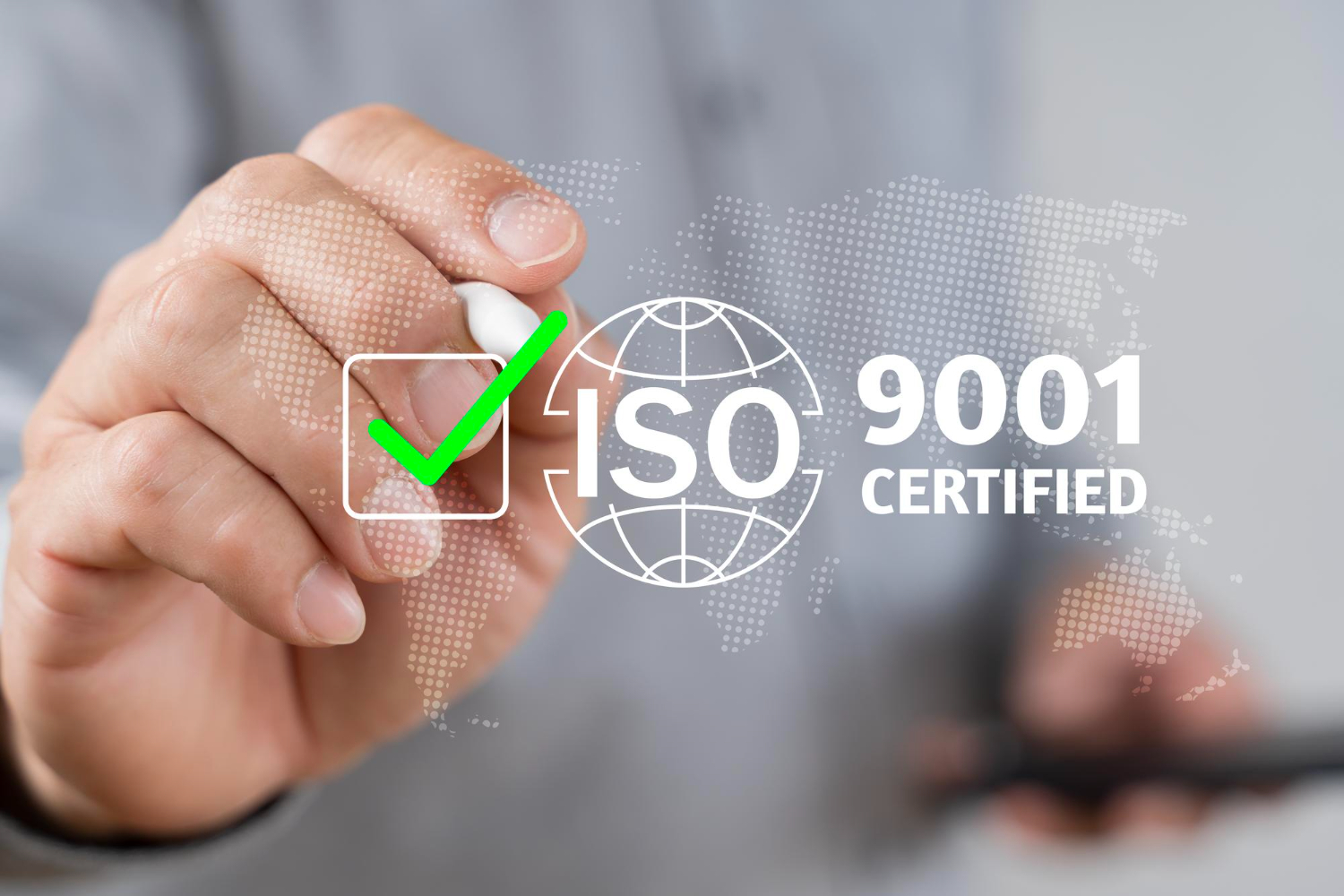
ISO 9001 accreditation might sound like one of those intimidating business terms, but when you break it down, it’s simply a process that helps businesses ensure they’re providing good products and services to their customers. This accreditation revolves around meeting specific quality management standards set by the International Organisation for Standardisation (ISO). These standards outline a structured framework that companies can follow to consistently meet customer and regulatory requirements, and even go beyond them.
The importance of ISO 9001 accreditation goes beyond just a fancy certification to hang on your office wall. It acts like a trusted stamp of approval, showing clients and partners that you value quality and consistency. This can lead to enhanced trust, improved customer satisfaction, and even open doors to new business opportunities. By achieving this accreditation, businesses demonstrate their commitment to high standards, making a significant positive impact on their reputation and market perception.
Understanding ISO 9001 Accreditation
ISO 9001 sets out the criteria for a quality management system and is the only standard in the ISO 9000 family that can be certified to. It’s based on several quality management principles including a strong customer focus, the motivation and implication of top management, a process approach, and continual improvement.
Being ISO 9001 accredited comes with a host of benefits. It not only boosts customer confidence in your products but also helps streamline operations, reduces inefficiencies, and can lead to cost savings. Businesses often find that they increase customer retention and acquisition. Moreover, in some industries, ISO 9001 accreditation is either a legal or contractual requirement.
Here are some misconceptions about ISO 9001:
– It’s Only for Big Companies: Many think ISO 9001 is only suited for large corporations. However, small and medium-sized businesses can also reap its rewards.
– It’s Expensive and Time-Consuming: While initial efforts are needed, the long-term benefits in terms of operational efficiency and customer satisfaction far outweigh the initial costs.
– It’s Just a Marketing Tool: While ISO 9001 can enhance a company’s image, it’s fundamentally about improving the effectiveness and quality of internal processes which, in return, benefits both the business and its customers.
Preparing for ISO 9001 Accreditation
Starting the journey to ISO 9001 accreditation involves several fundamental steps. First, it’s key to understand the requirements and what changes might need to be made within the organisation. This often includes a gap analysis, where you compare your current processes against the ISO 9001 requirements to identify areas for improvement.
Employee involvement is another crucial element. It’s not unusual for businesses going through this process to find that employee training and engagement are pivotal. After all, your team needs to be aware of the goals and the pathways to achieving them. This fosters a sense of ownership and responsibility towards delivering quality.
Here’s how to set clear goals and objectives:
- Define the Scope: Understand which parts of your business will be affected by the accreditation.
- Document Processes: Ensure all procedures are well-documented and accessible.
- Train Staff: Make sure employees are aware of what’s expected and provide them with the necessary training.
By laying a solid foundation with these steps, businesses can better manage the accreditation process, turning what might seem a complex journey into a clear and structured pathway to success.
The Accreditation Process
Once your organisation is ready, the actual accreditation process begins. The first step involves a thorough review of your current system against the ISO 9001 standards to make necessary adjustments. This review helps in identifying gaps and ensuring that all aspects comply with the standards.
Internal audits play a significant role here. They’re a bit like a health check-up for your processes, highlighting areas that need attention before the final assessment. Regular internal audits help maintain quality control and prepare everyone for the certification audit.
Involving a certification body is the next step. Think of them as the examiners who will assess whether your organisation meets the ISO 9001 standards. They review your documentation and processes through assessments and provide feedback. Understanding that these bodies aren’t there to criticise but to guide and assess makes the experience smoother. It’s wise to look up certification bodies with experience in your industry to gain insights.
Post-Accreditation Maintenance
ISO 9001 isn’t a one-off tick box; it requires ongoing commitment. After getting accredited, maintaining those standards is key. Continuous improvement ensures that your processes stay efficient and keep aligning with the standards.
Regular audits and reviews help in this maintenance. Audits allow you to cross-check that everything is as it should be and identify areas that might need tweaking. Make it a habit rather than an annual rush, and integrate reviews into your operational workflows for smoother management.
To stay compliant long-term, consider these tips:
– Embrace Feedback: Listen to employee and customer feedback. It helps track performance and spot issues early.
– Keep Documentation Updated: As your business evolves, ensure all processes remain documented and accessible.
– Ongoing Training: Regularly update training programs to keep up with any changes or improvements in quality standards.
Start Your ISO 9001 Accreditation Journey
You’ve got the roadmap for ISO 9001 accreditation, and knowing these steps sets a strong foundation. This process can seem complicated, but with each step clear and mapped out, it becomes achievable. Accreditation reflects a commitment to quality and improvement, setting your business up for success in more ways than one.
Taking these steps seriously not only boosts your business’s reputation but also supports better customer satisfaction and operational efficiency. Start your accreditation journey by understanding the requirements and engaging your team, building a culture of quality from the ground up. This journey promises to enhance not only your business processes but also the trust of everyone you deal with.
Ready to make your quality management journey a success? Discover how Edara Systems Australia can simplify your path to ISO 9001 accreditation, guiding you every step of the way. Embrace this opportunity to enhance your business’s processes and reputation, ensuring you stand out in your industry. Reach out for insights and support on your path to accreditation.



